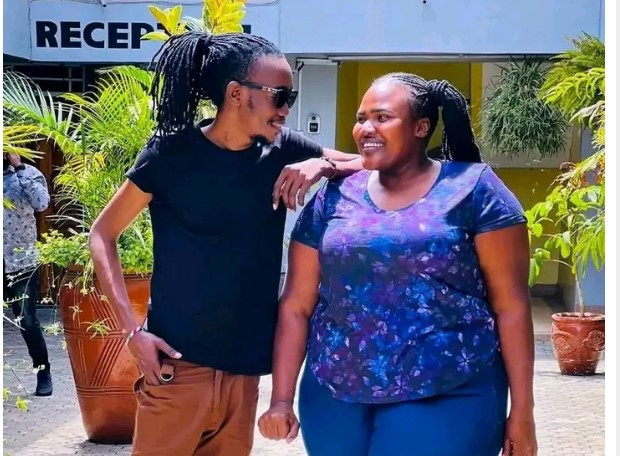Comedian Akuku Danger has recently opened up about one of the most personal decisions of his life, revealing that he has chosen not to have children because of his sickle cell condition. His candid admission has sparked widespread discussion about how chronic illnesses influence life choices, family planning, and societal expectations.
Akuku explained that living with sickle cell disease has shaped his perspective on parenthood in profound ways. He said he does not want his children to inherit the painful struggles associated with the condition, adding that his choice is motivated by responsibility both to himself and to future generations. In his own words, avoiding children is not a matter of regret but of care—choosing not to pass down suffering he has endured.
His revelation has resonated deeply with many Kenyans, especially those with chronic or genetic illnesses, who often face the difficult intersection of personal aspirations and health realities. For Akuku, the decision goes beyond comedy or celebrity life; it is a raw reflection of what many live through silently—balancing hope for a family with the harsh reality of hereditary disease.
The conversation sparked by his statement also sheds light on broader issues surrounding sickle cell awareness. Despite being one of the most common genetic conditions in Kenya and Africa at large, sickle cell disease is still widely misunderstood and under-discussed. This lack of awareness has often led to stigma, limited support systems, and inadequate policy frameworks for those living with the condition.
Experts note that awareness campaigns, genetic counseling, and open discussions play a vital role in empowering individuals to make informed family planning decisions. By speaking out, Akuku Danger has not only broken the silence but has also humanized the daily struggles of people with chronic illnesses.
Beyond health, his story is also a reminder of the importance of empathy. Society must learn to respect the deeply personal decisions individuals make in light of their health circumstances. Choosing whether or not to have children is one of the most intimate life choices, and when guided by health realities, it deserves understanding rather than judgment.
In the end, Akuku Danger’s openness encourages an important dialogue—not just about sickle cell disease, but also about the value of responsible decision-making, the role of education, and the power of compassion in shaping a supportive community. His journey is a powerful example of courage, reminding us that personal health choices are not signs of weakness but acts of wisdom and strength.



